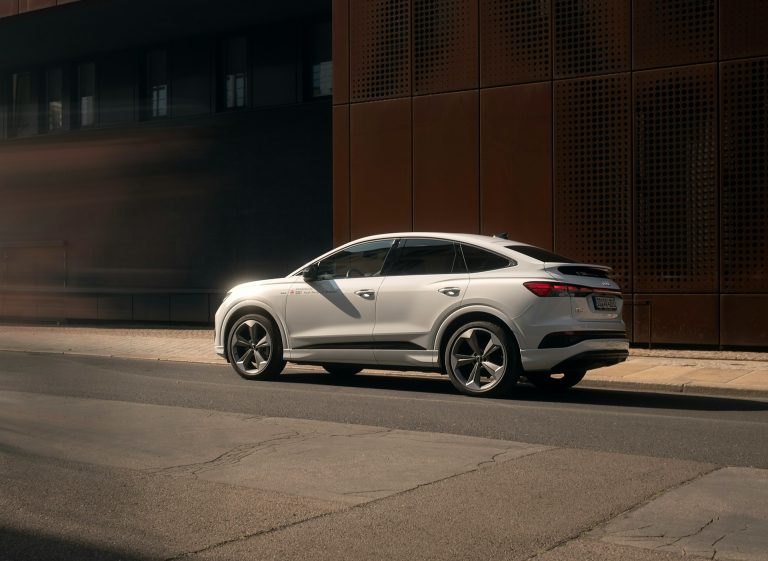It has become quite obvious how subscription models are increasingly emerging in every sector. Netflix changed how we watch films, Spotify transformed music consumption, and now car leasing is quietly revolutionising vehicle ownership. In the current context, the shift feels inevitable.
Traditional car buying made sense when vehicles lasted decades with basic maintenance, but today’s cars are rolling computers that become obsolete faster than smartphones. The economics have also fundamentally changed.
Young professionals especially seem drawn to leasing, an option that works with their budget and lifestyle. So let’s have a look at this innovative car market.
Car Leasing For Electric Vehicles
Electric vehicles are accelerating this transformation in unexpected ways. The technology evolves so rapidly that today’s EV might feel ancient in three years. Battery ranges improve annually, charging speeds double, and software updates add features that weren’t available when you first got the car.
Buying an electric car outright feels like purchasing a laptop—you know it’ll be outdated quickly, but you’re stuck with it. Leasing lets you upgrade alongside the technology. When better batteries or faster charging arrive, you simply move to the next generation rather than feeling locked into yesterday’s tech.
The charging infrastructure question also favours leasing. Nobody knows which charging networks will dominate or where the best locations will be. Leasing companies negotiate access deals and provide support when charging doesn’t go smoothly. They absorb the complexity that individual owners struggle with.
A New Attitude to Ownership
The pandemic shifted perspectives on what we actually need to own versus what we can access when required. Uber and car-sharing services are more and more popular, especially among younger generations. This has encouraged a new attitude to ownership, with leasing feeling like a natural progression from this access-based thinking.
Urban living reinforces these trends. When parking costs more than the car payment, and congestion charges apply daily, ownership becomes a burden rather than freedom. Leasing offers the utility without the ongoing headaches.
Companies like Leasys have adapted their services around these changing preferences, offering flexible terms and digital-first experiences that match how people expect to interact with service providers now. Discover more at https://e-store.leasys.com/uk/english.
Economic Pressures Drive Adoption
Rising car prices make leasing increasingly attractive. A typical family hatchback now costs more than many people’s annual salary. The choice becomes borrowing enormous sums or paying manageable monthly amounts for the same practical outcome.
Maintenance costs on modern vehicles can be shocking, too.
The subscription economy has trained consumers to think in monthly payments rather than lump sums. Car leasing fits perfectly into this mindset, offering predictable costs without capital commitment.
Conclusion
Looking ahead, it is very likely we will see leasing become the dominant form of private vehicle access within a decade. The forces driving this change—technological advancement, urban density and societal shifts, and changing ownership attitudes—not only aren’t reversing anytime soon, but they are here to stay. The future looks increasingly subscription-based, even for the car market.
